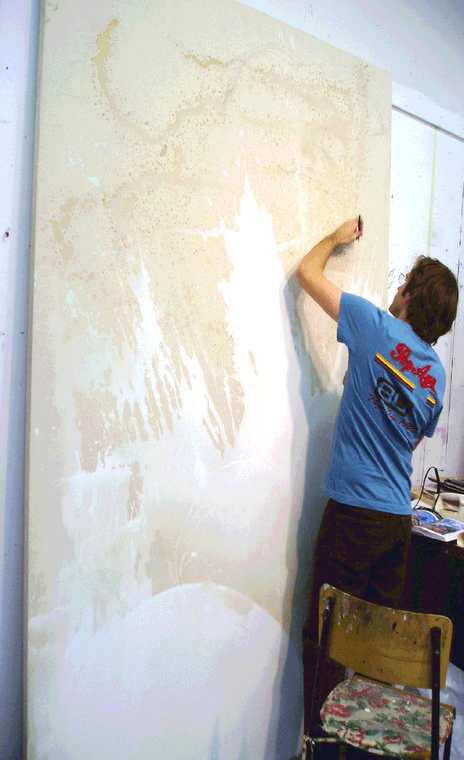This article posits what our history looks like, looking back from the imaginary year 2026.
The other day, I borrowed some kids to go gawk with me at the one thing that we can always count on in an ever-more unstable world: age-of-dinosaur dioramas in science museums. This one had the usual dramatic clash between a tyrannosaurus and a triceratops; pterodactyls soaring through the air, one with a small reptile in its toothy maw; and some oblivious grazing by what, when I was young in another millennium, we would have called a brontosaurus. Easy to overlook in all that drama was the shrew-like mammal perched on a reed or thick blade of grass, too small to serve even as an enticing pterodactyl snack. The next thing coming down the line always looks like that mammal at the beginning -- that's what I told the kids -- inconsequential, beside the point; the official point usually being the clash of the titans.
That's exactly why mainstream journalists spent the first decade of this century debating the meaning of the obvious binaries -- the Democrats versus the Republicans, McWorld versus Global Jihad -- much as political debate of the early 1770s might have focused on whether the French or English monarch would have supremacy in North America, not long before the former was be beheaded and the latter evicted. The monarchs in all their splashy scale were the dinosaurs of their day, and the eighteenth-century mammal no one noticed at first was named "revolution"; the early twenty-first century version might have been called "localism" or maybe "anarchism," or even "civil society regnant." In some strange way, it turned out that windmill-builders were more important than the U.S. Senate. They were certainly better at preparing for the future anyway. [more]
----------------
The future, of course, is not something you predict and wait for. It is something you invent daily through your actions. As Mas Kodani, a Buddhist in Los Angeles, said in the early twenty-first century: "One does not stand still looking for a path. One walks; and as one walks, a path comes into being." We make it up as we go, and we make it up by going, or as the Zapatistas more elegantly put it, "Walking we ask questions." What else can you do?
Perhaps respect the power of the small and the mystery of the future to which we all belong.




No comments:
Post a Comment